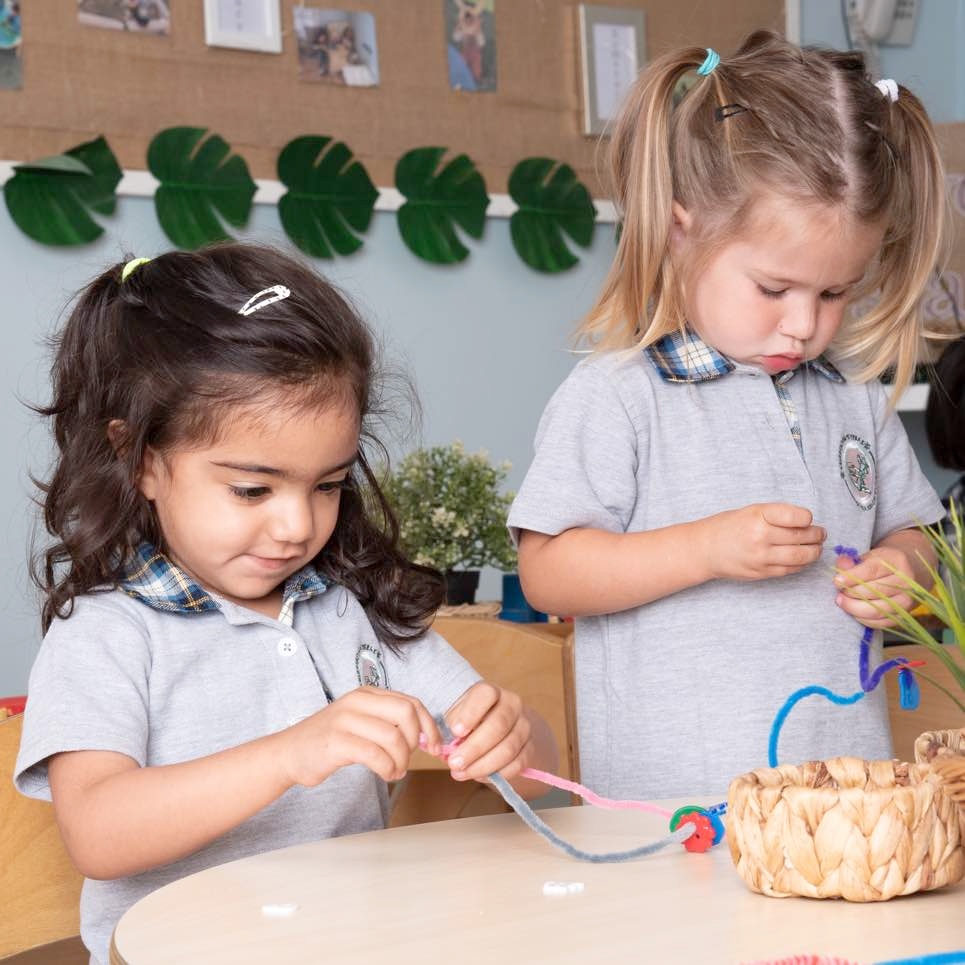
In the bustling world of nursery school, where young minds are constantly exploring, learning, and engaging in various activities, the importance of nap and rest periods in a nursery in Dubai cannot be overstated. These periods of respite are integral to the well-being, cognitive development, and overall success of children in their early years of education.
Physical and emotional rejuvenation:
Nap and rest times provide essential physical and emotional rejuvenation for nursery school children. During these breaks, their bodies have the opportunity to recuperate, allowing for proper growth and development. Moreover, short rest period aids in emotional regulation, helping children manage their feelings and reducing instances of fatigue-induced frustration.
Cognitive consolidation:
Rest is a crucial component of cognitive development. It is during nap times that the brain consolidates and processes information absorbed throughout the day. Studies have shown that sufficient sleep enhances memory retention, problem-solving skills, and overall cognitive functioning. For nursery school children steering a world of new concepts and experiences, these moments of rest contribute significantly to their learning journey.
Improved attention and concentration:
Nap and rest periods positively impact a child’s ability to concentrate and focus on tasks. Adequate sleep supports sustained attention, allowing children to engage more effectively in classroom activities. When well-rested, nursery school students are more likely to participate actively in lessons, absorb information, and successfully steer social interactions.
Emotional and social well-being:
Beyond physical benefits, nap and rest periods play a critical role in nurturing emotional and social well-being. Children who have had sufficient rest are better equipped to regulate their emotions and engage positively with peers. A well-rested child is more likely to exhibit patience, empathy, and cooperation, fostering a harmonious classroom environment.
Health and immune system support:
Adequate rest is closely linked to overall health and a robust immune system. Nursery school environments can expose children to various germs, making a well-rested body better equipped to fend off illnesses. Regular nap and rest periods contribute to a healthier, more resilient young population.
Establishing healthy sleep habits:
Introducing nap and rest periods in nursery school helps establish healthy sleep habits from an early age. This routine lays the groundwork for a lifetime of good sleep hygiene, promoting overall well-being and contributing to the prevention of sleep-related issues in the future.